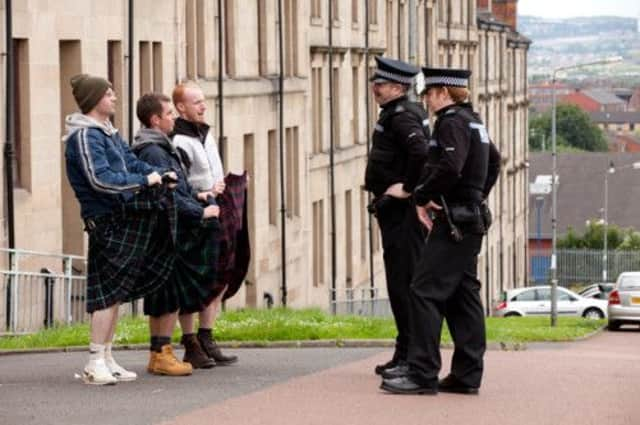Andrew Eaton-Lewis: Scots film industry in ‘a terrible state’


LIKE most of Scotland’s arts journalists, I had to do a bit of multi-tasking on Tuesday. At the exact moment the SNP was unveiling its Independence White Paper, Creative Scotland was being cross-examined on its recent performance by Holyrood’s culture committee. I spent the morning reading reports of the former while listening to a live broadcast of the latter. Well, it beats working.
In one respect, at least, the contrast between the two events was striking. Scotland’s film industry barely gets a mention in the White Paper’s chapter on “Culture, Communications and Digital”, but the subject dominated the discussion in the culture committee. It was also a hot topic in the media later in the week after a Creative Scotland report on the state of the industry was leaked to The Scotsman two months ahead of publication.
Advertisement
Hide AdIt’s safe to say these events are all connected. “If we are going to be an independent country next year, where is the strategy for film?” producer Gillian Berrie asked the committee (after opening her evidence with a stark warning that “film is in a terrible state and has been for some time”). A fair point. The problem has been acknowledged, at least – at the SNP conference last month, Culture Secretary Fiona Hyslop announced a £2m loan fund to develop proposals for new production facilities in Scotland. And Creative Scotland is in the process of recruiting a director of film and media. But the subject’s absence from the White Paper must have been gallingly conspicuous for Scotland’s filmmakers – no wonder someone thought now would be a good moment for the report to be brought to the public’s attention.
Its findings, if accurate, are sobering. One in particular leaps out – just 62 people work full-time in film production in Scotland, a nation with a population of just over five million. Something, clearly, is very wrong with this picture, given the dizzying number of films shot in this country recently, from blockbusters like Skyfall, World War Z and Cloud Atlas to homegrown hits like The Angels’ Share and The Illusionist.
The fundamental problem – as laid out both in the report and in Berrie’s committee evidence – is lack of funding. This, at least, is something the White Paper is vocal about. “Public funding of the arts is a fundamental good, and independence will provide the opportunity to take this to new heights. And with independence our cultural and creative life will flourish,” it says. The message from the film industry, though, is clear: we are not flourishing. It’s a complaint that’s likely to get louder as the referendum approaches.